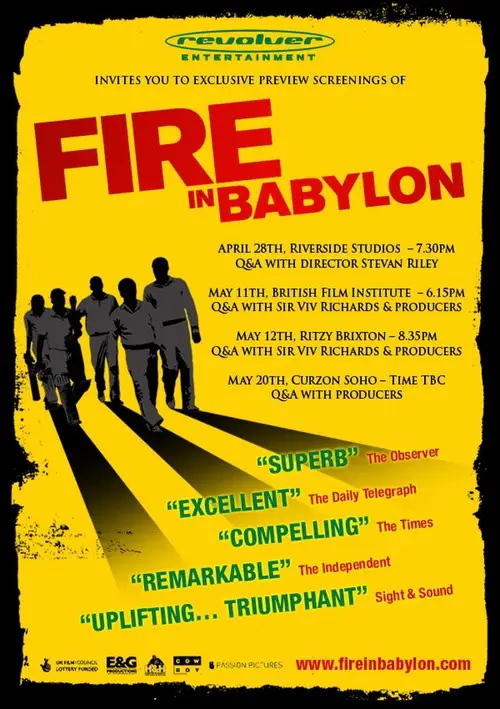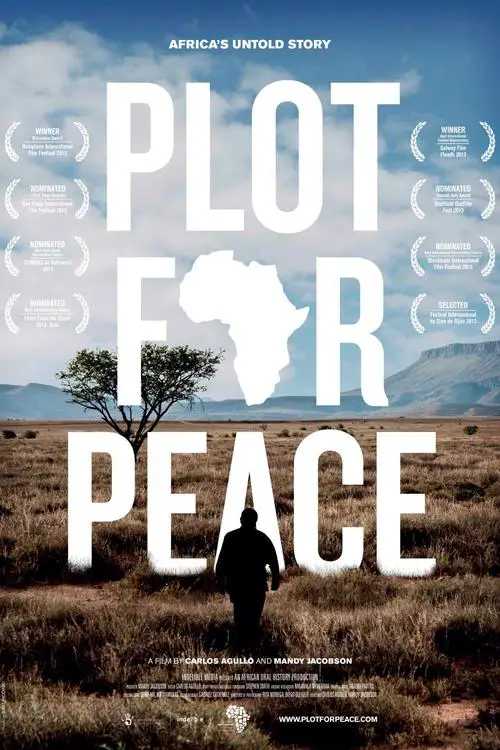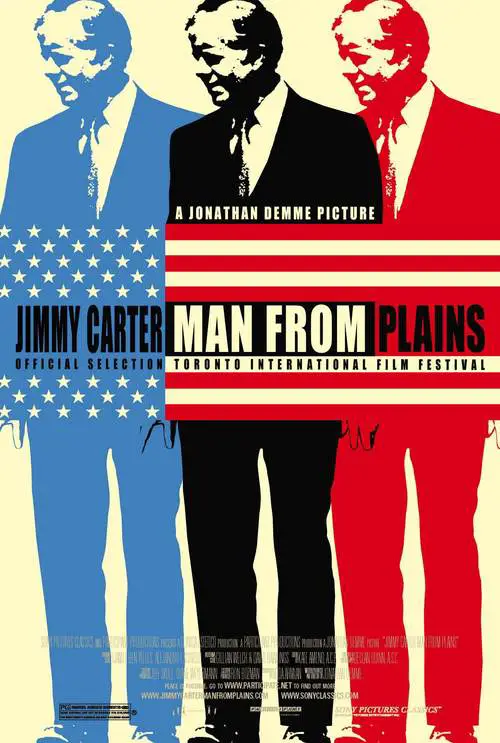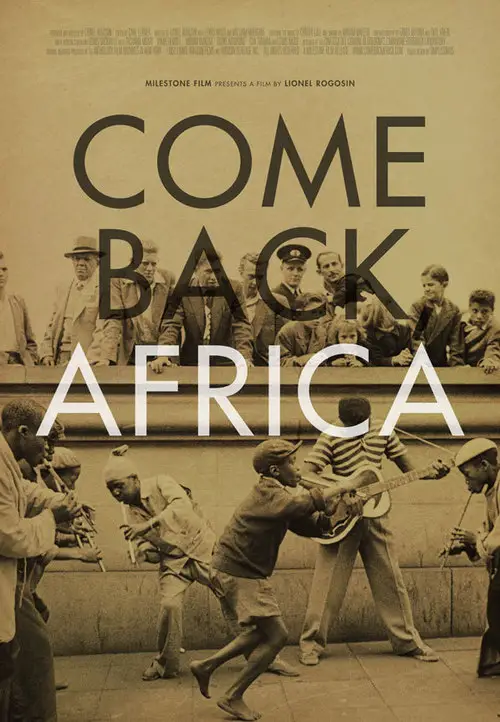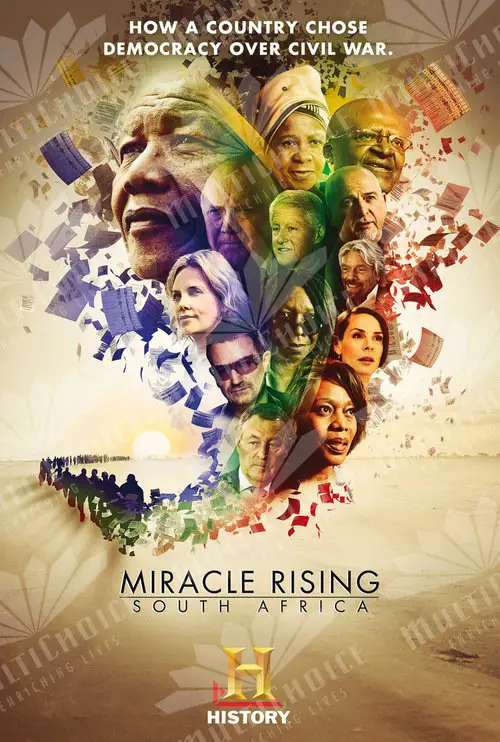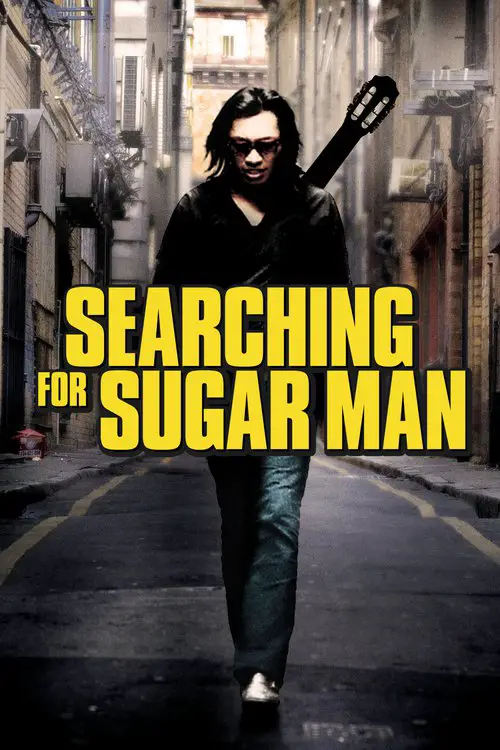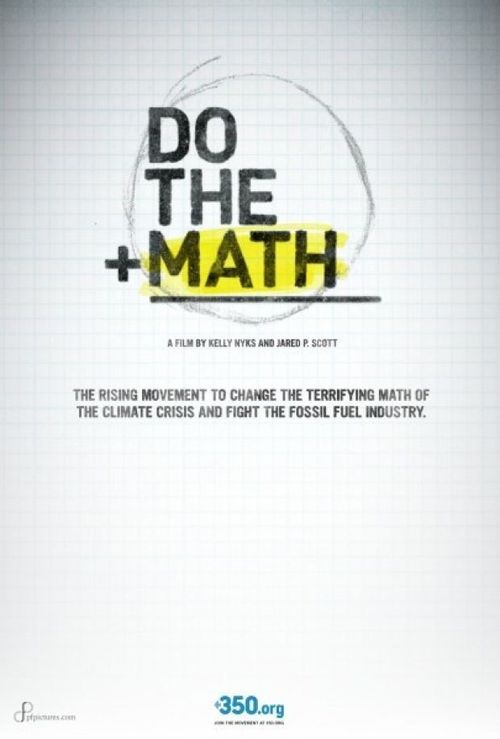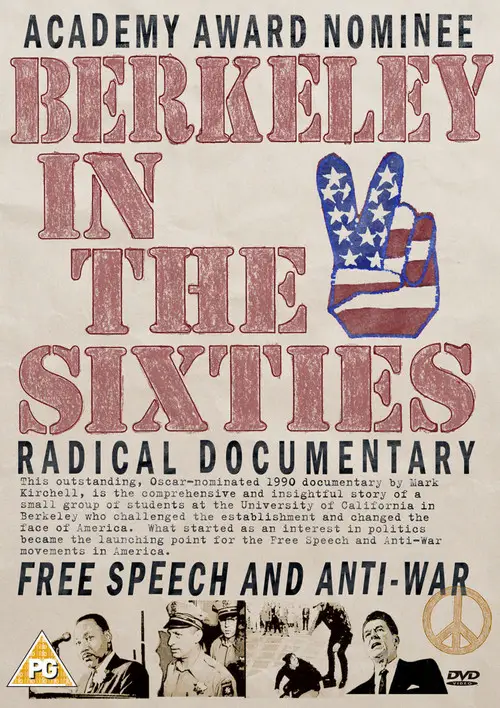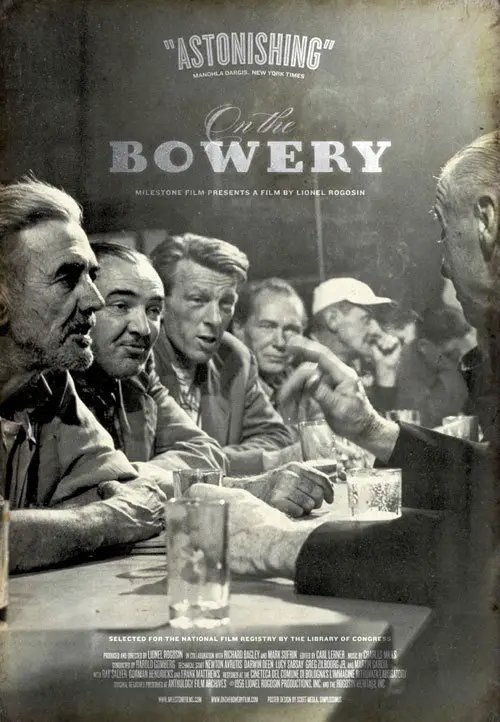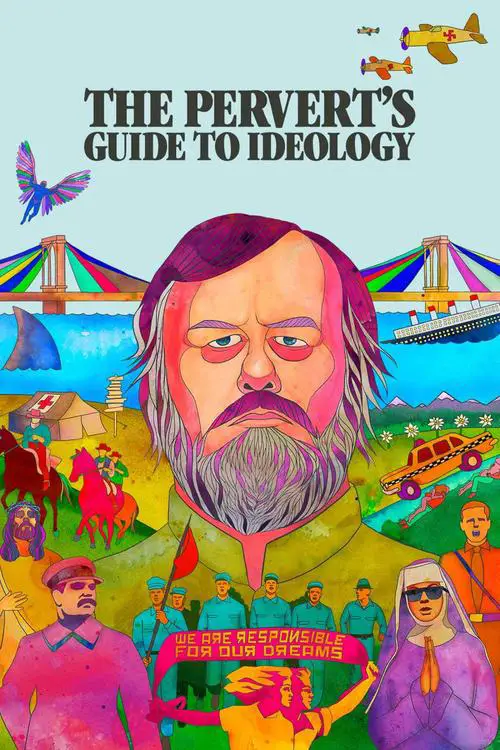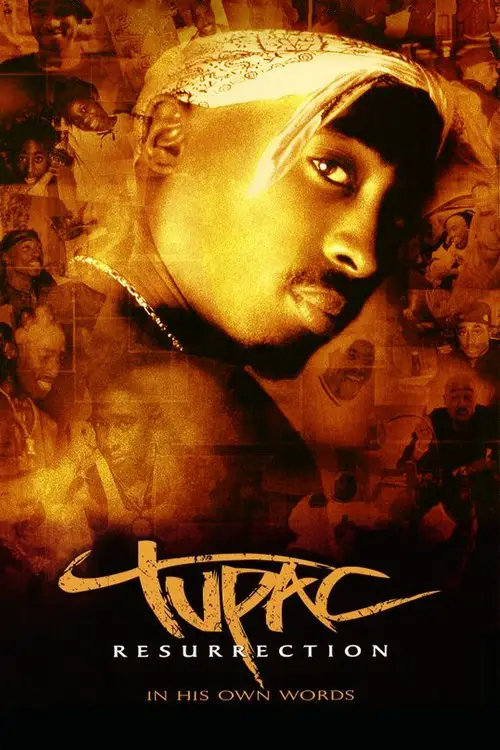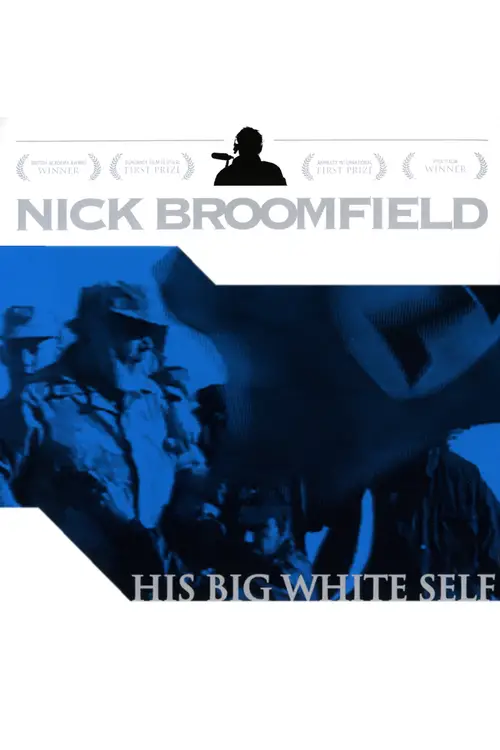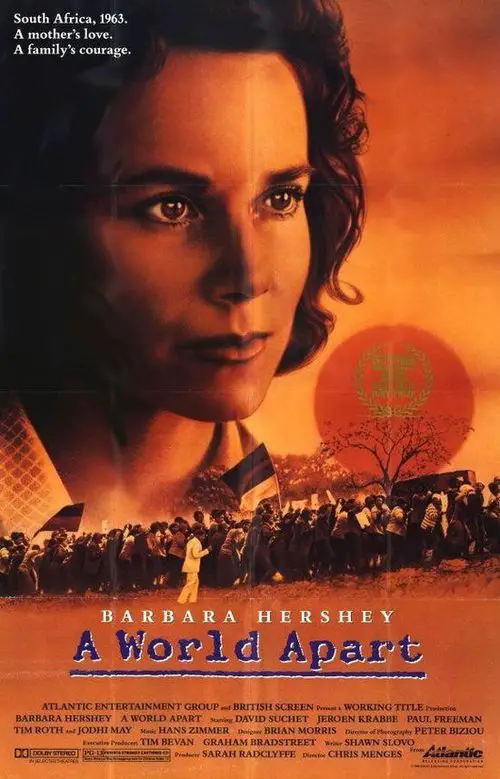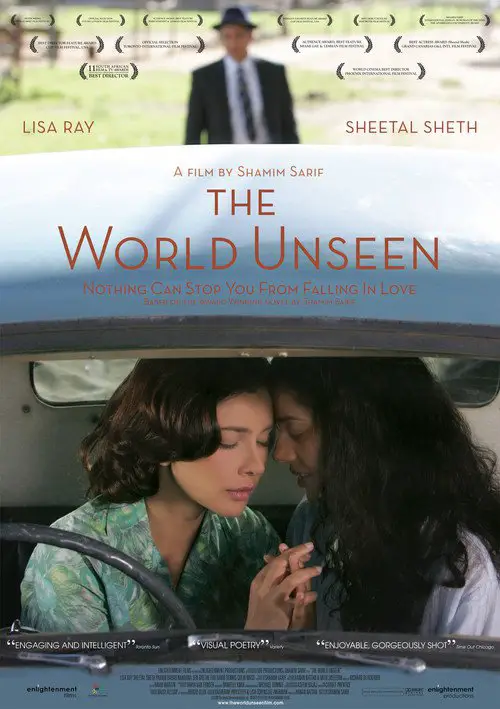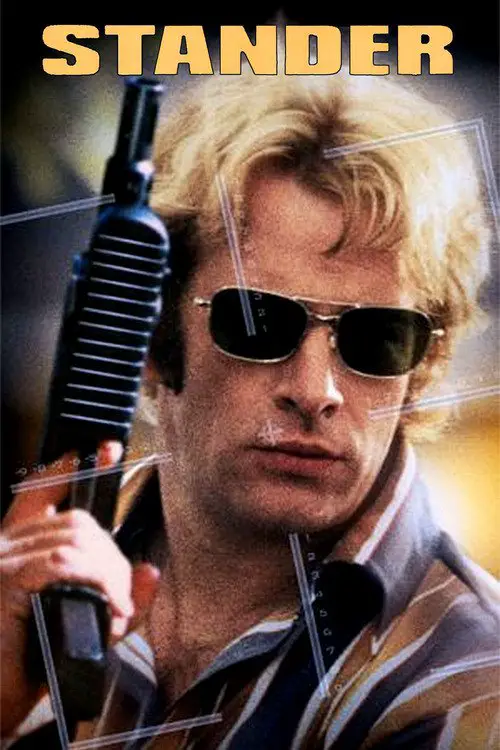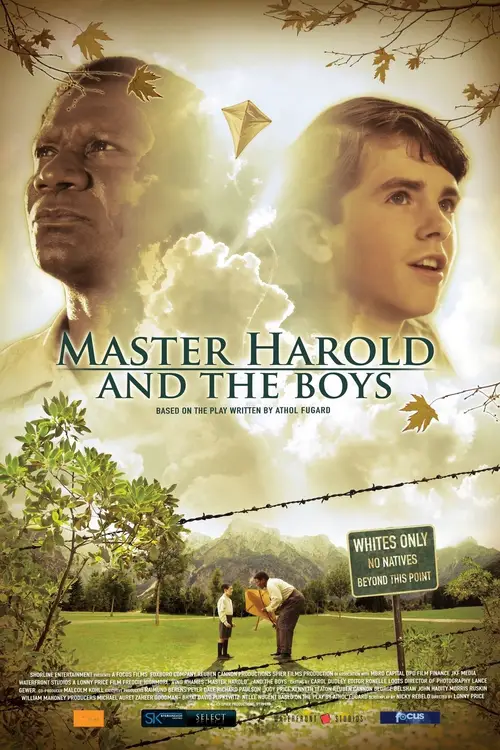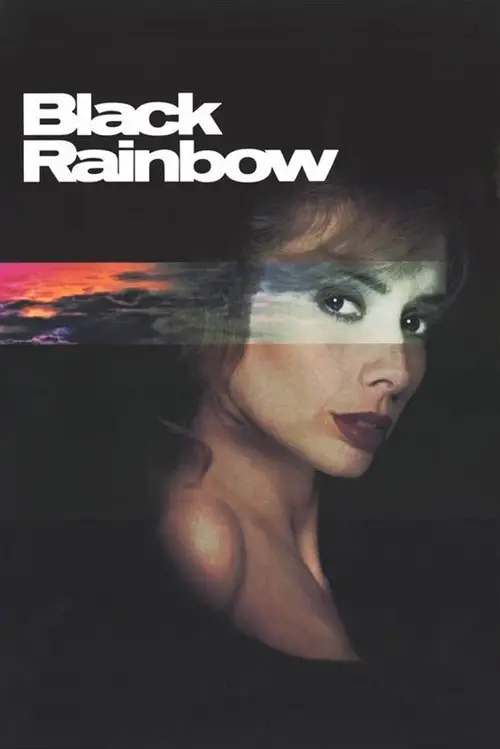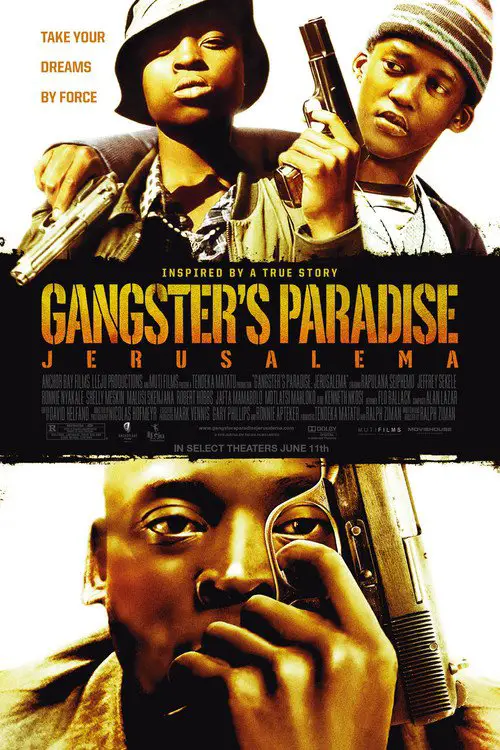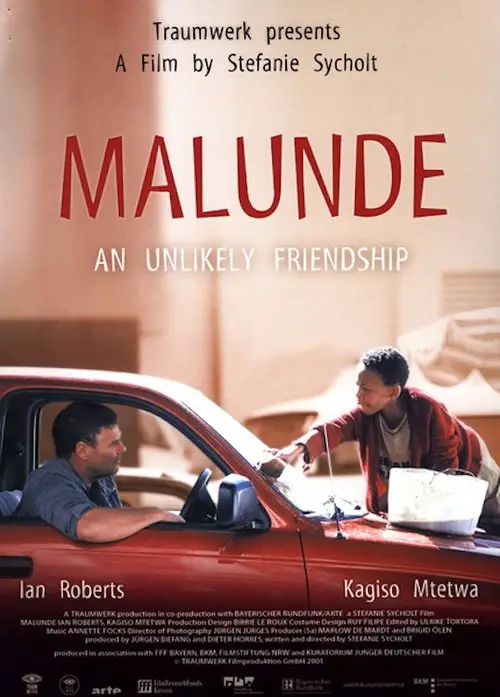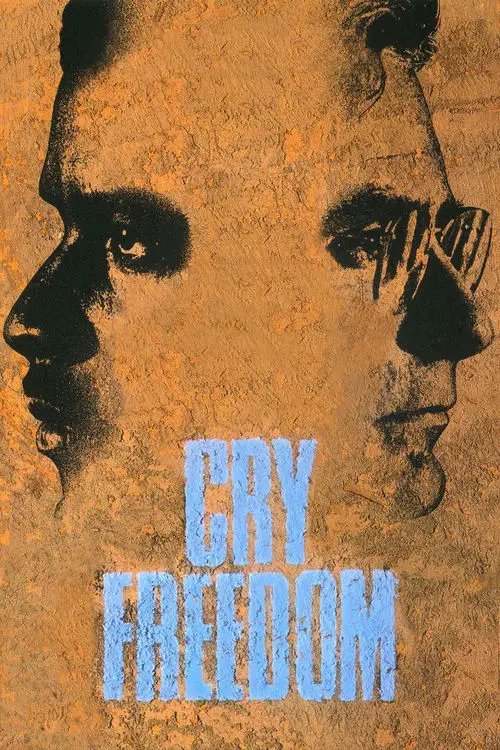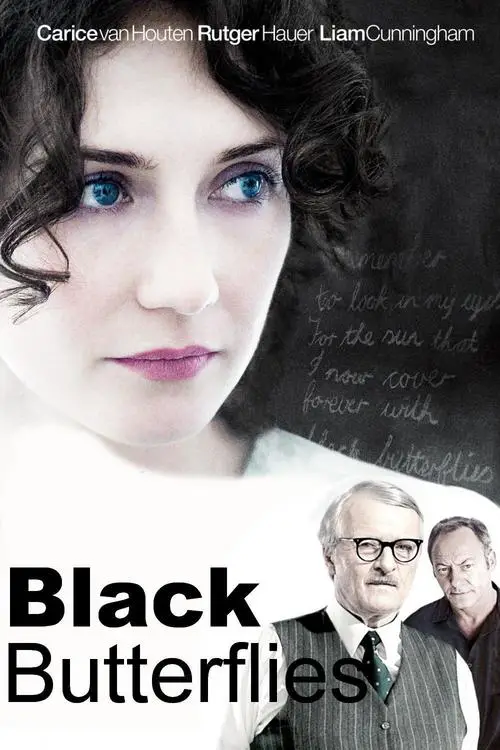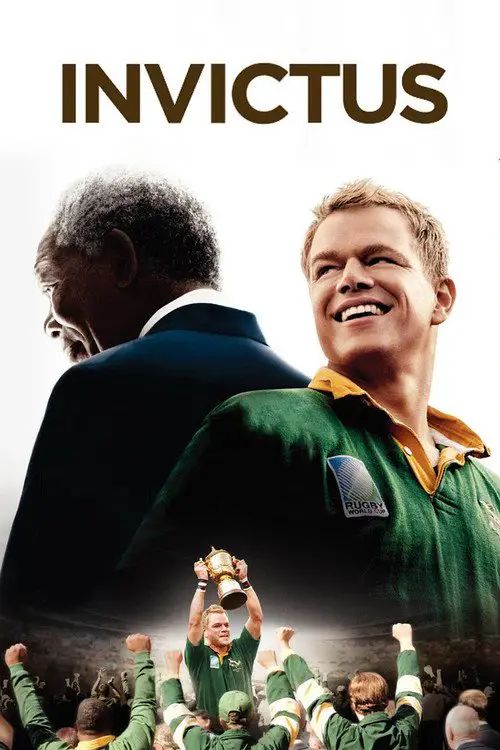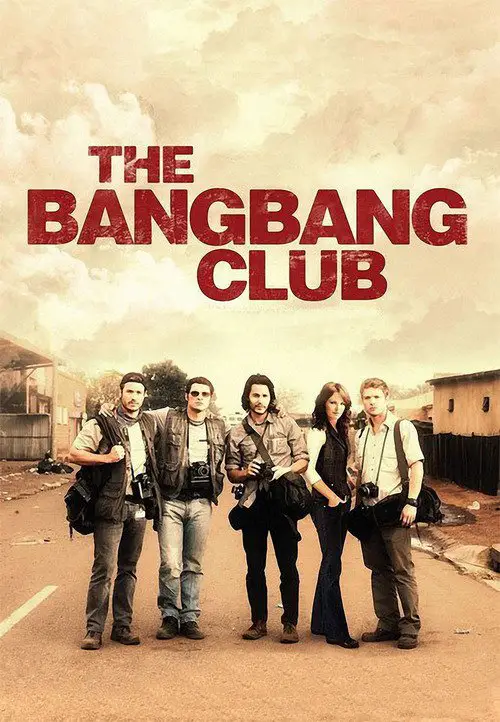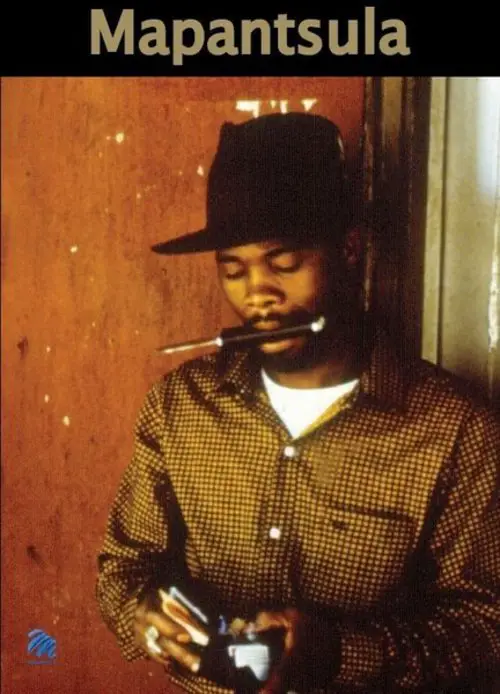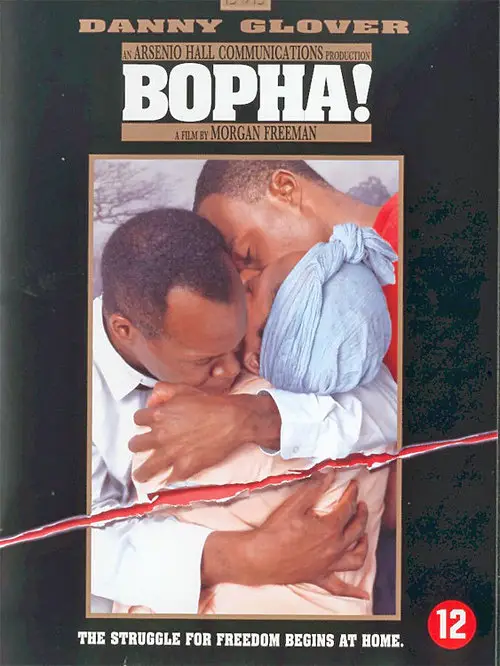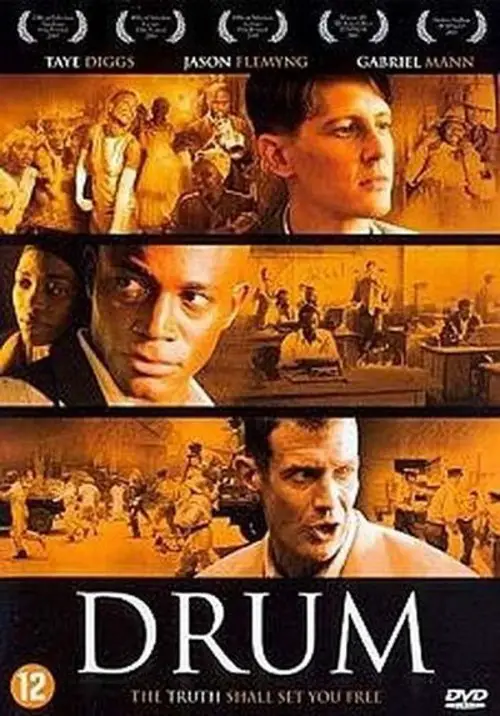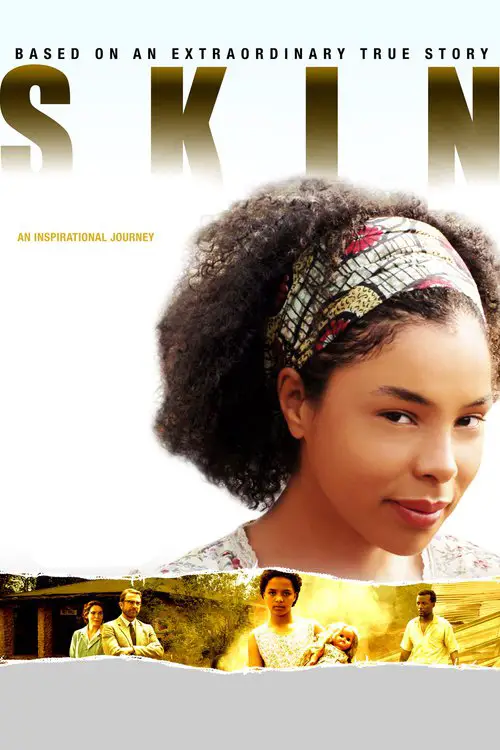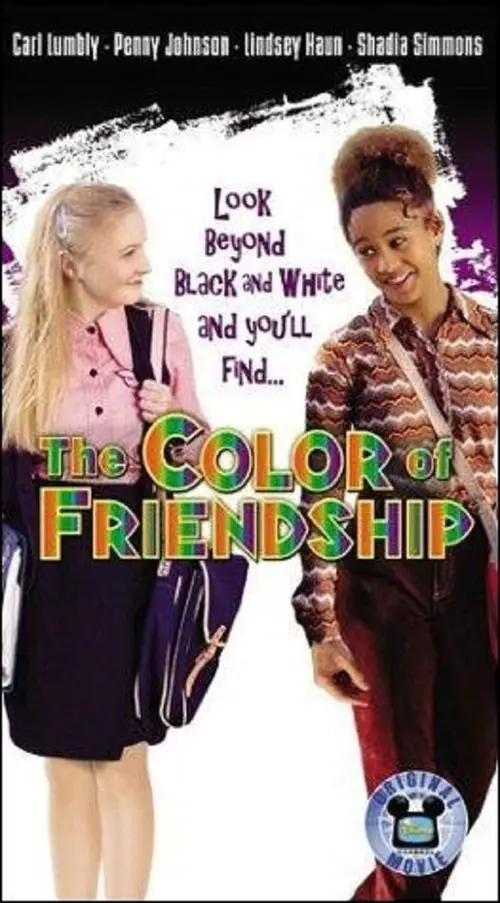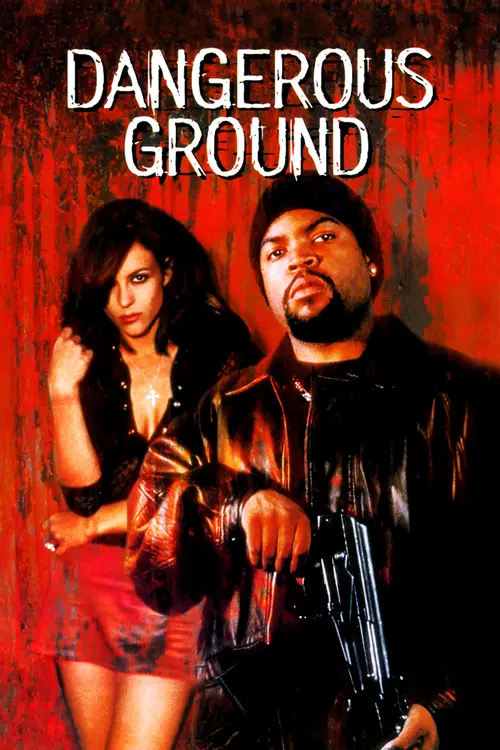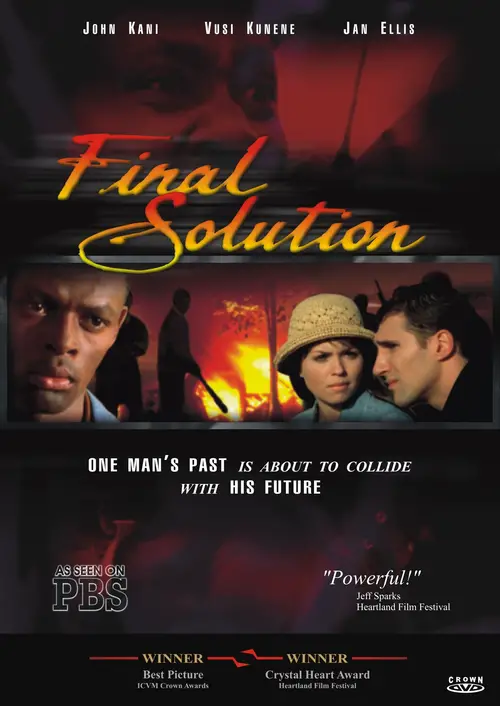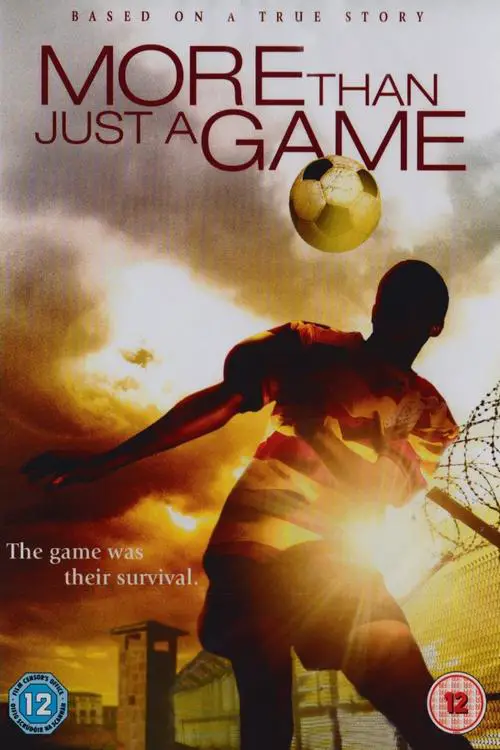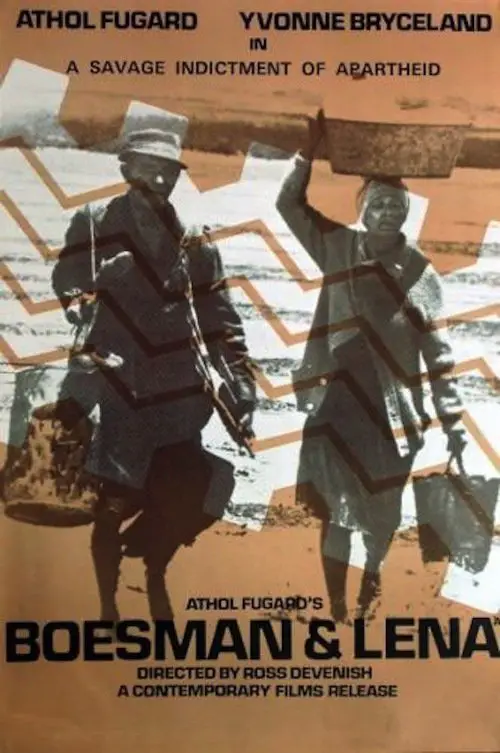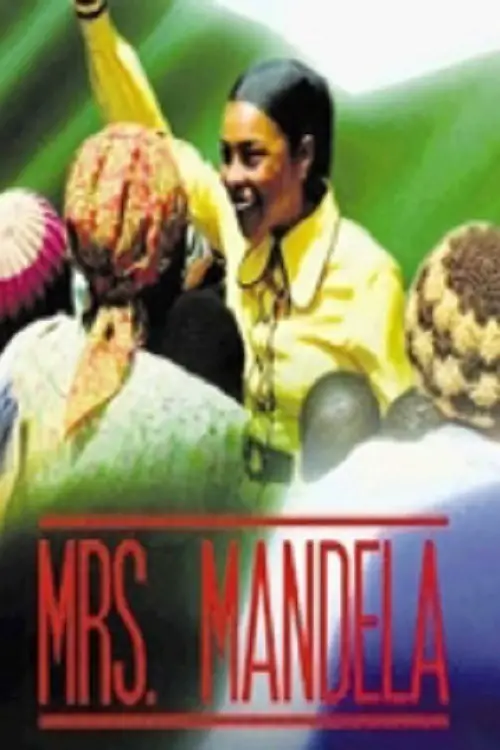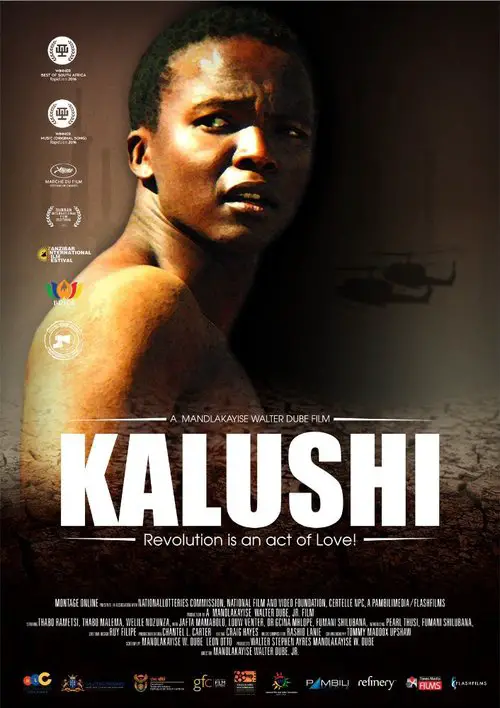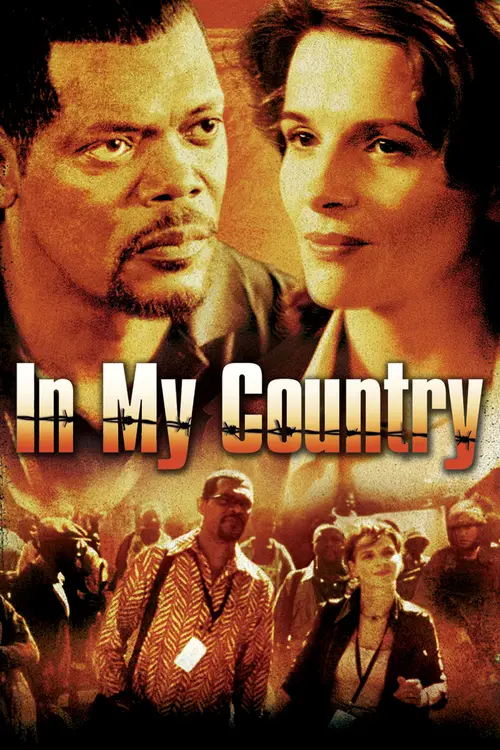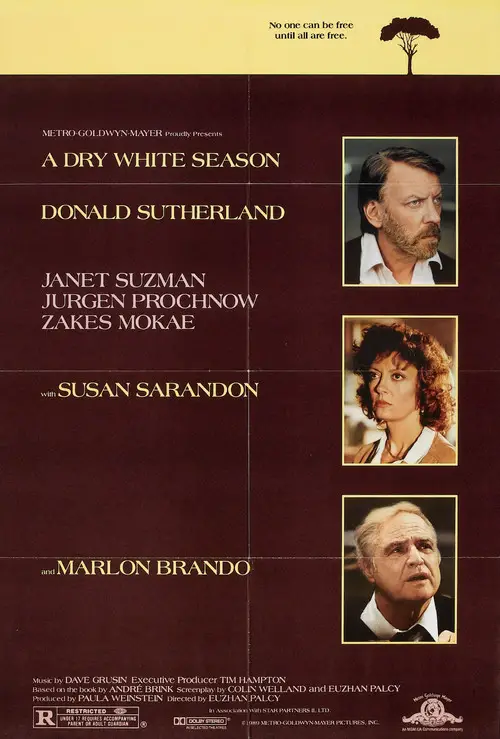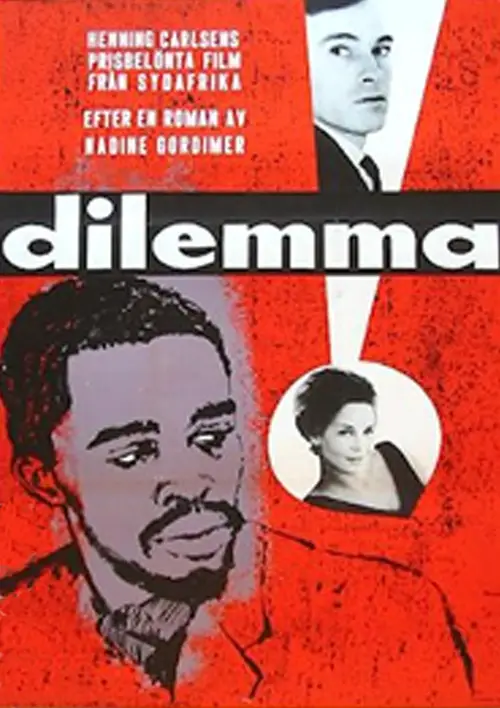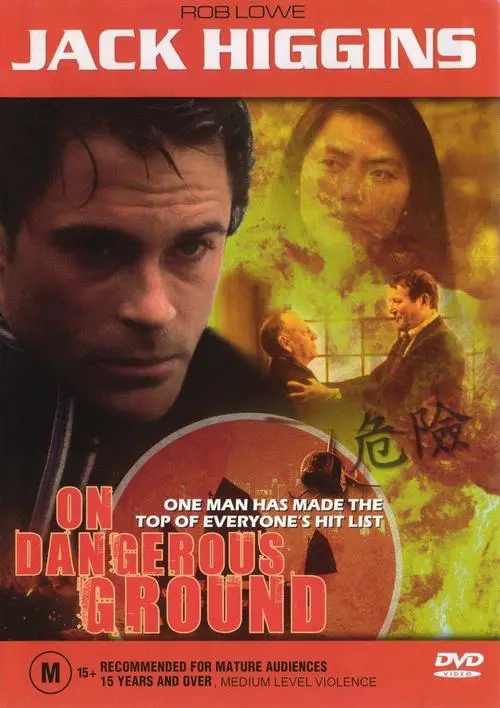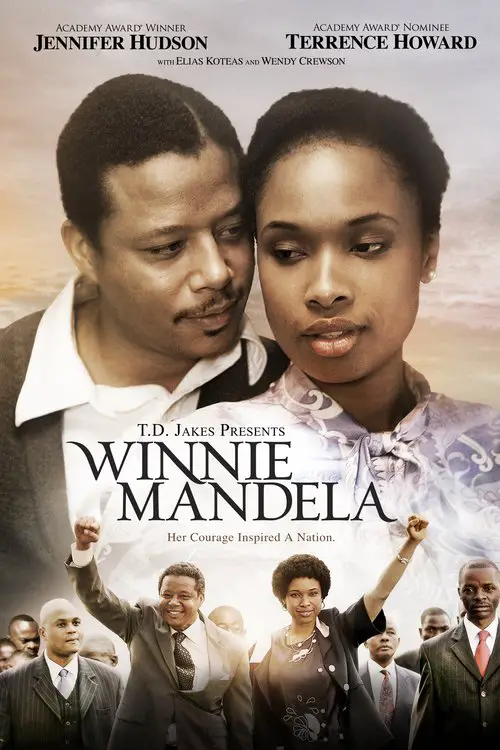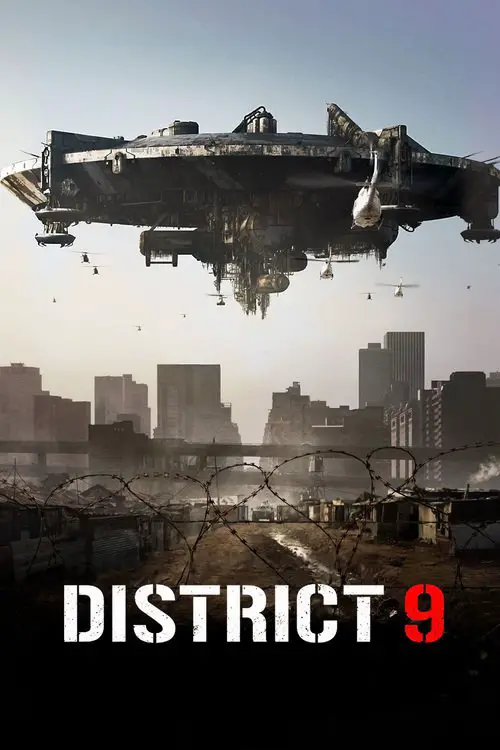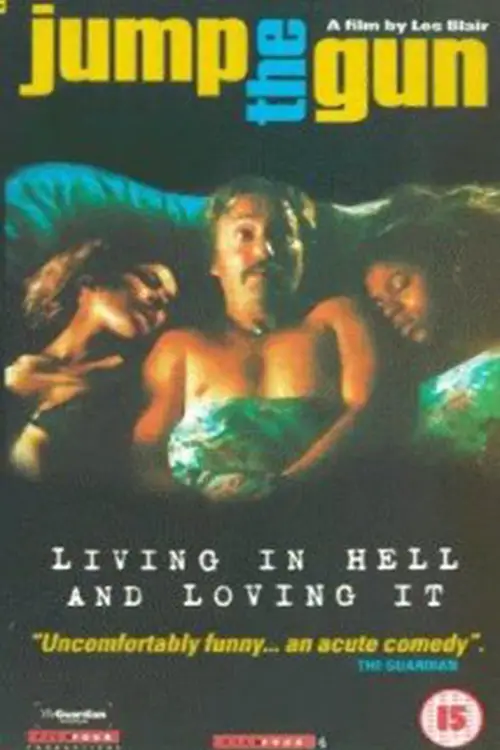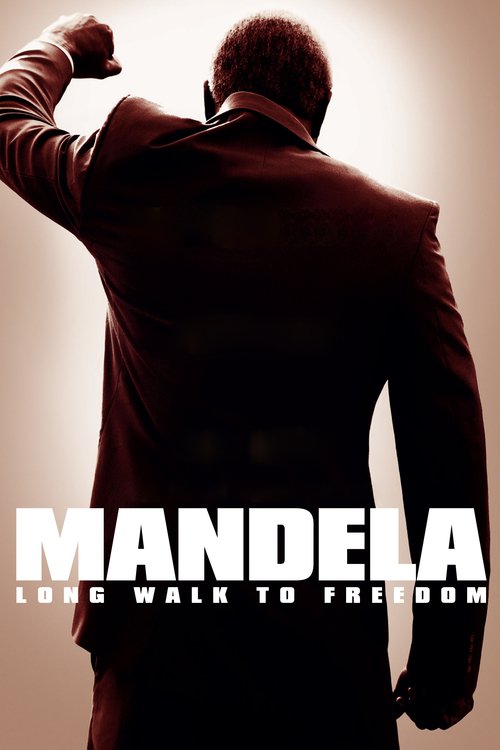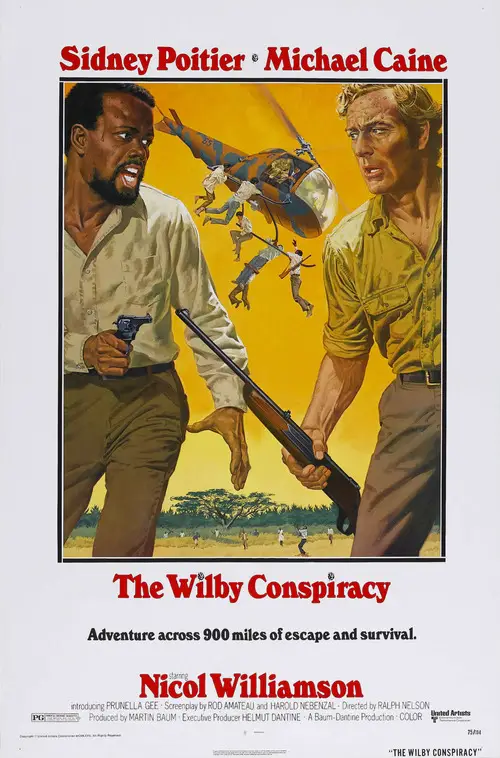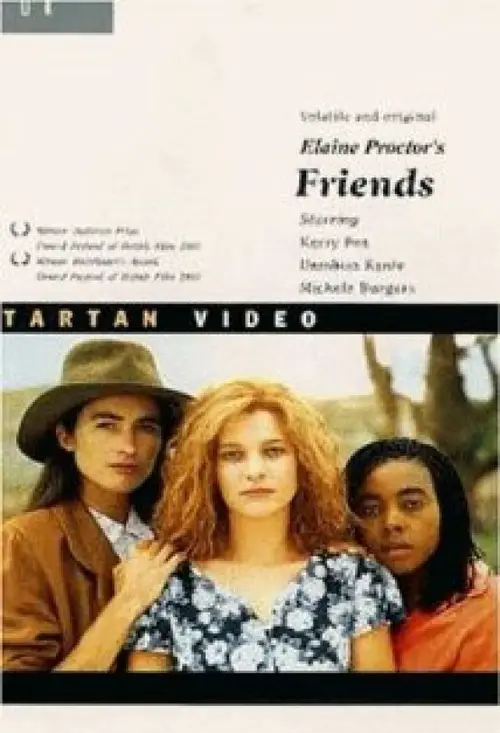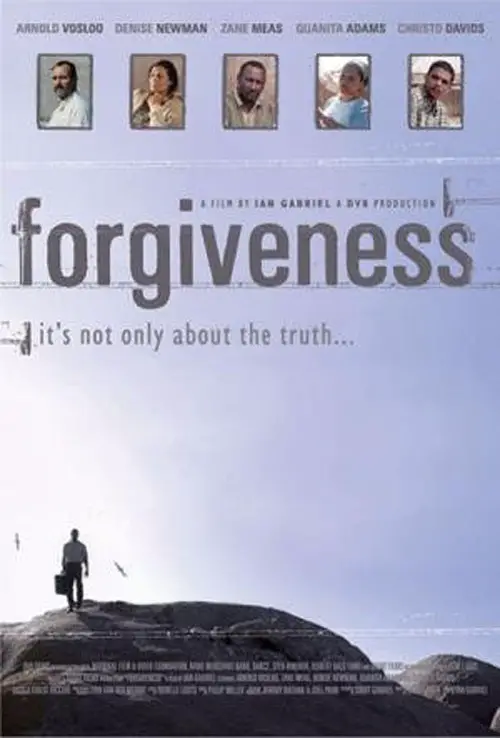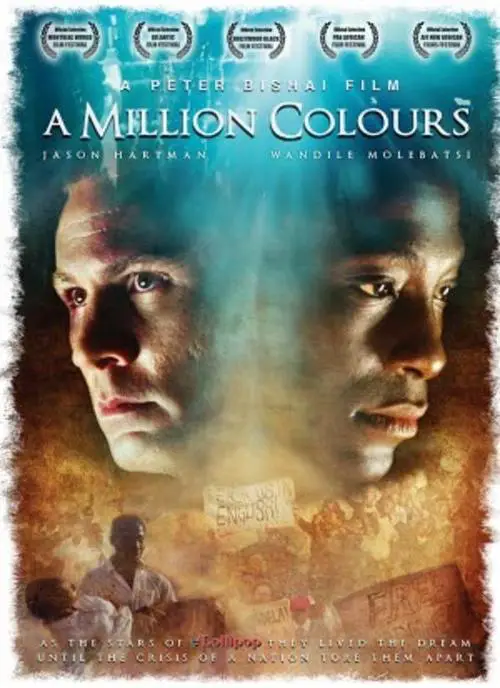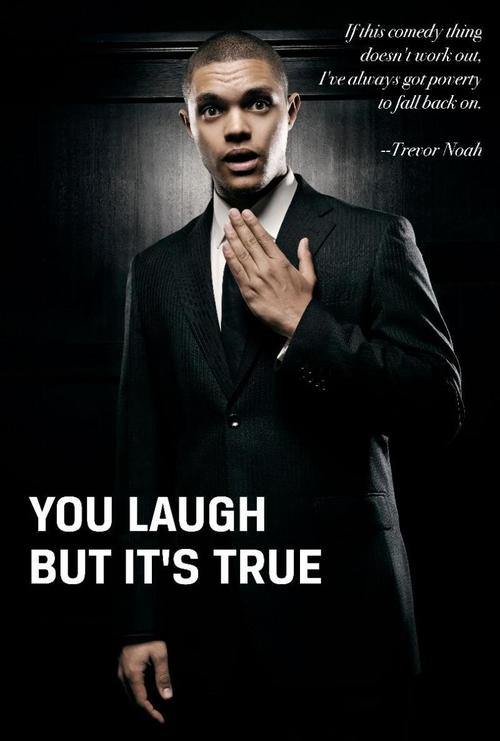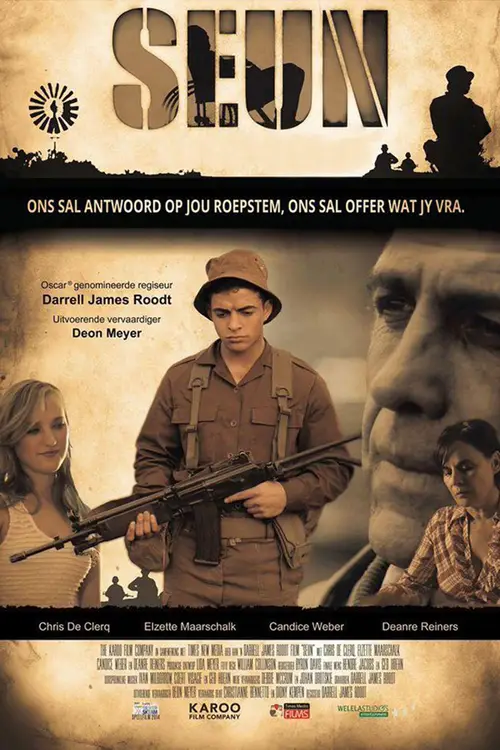Amandla! A Revolution in Four Part Harmony (2002)

Similar movies
Feature documentary about the great West Indies cricket team of the 1970's/80's. Fire In Babylon is the breathtaking story of how the West Indies triumphed over its colonial masters through the achievements of one of the most gifted teams in sporting history. In a turbulent era of apartheid in South Africa; race riots in England and civil unrest in the Caribbean, the West Indian cricketers, led by the enigmatic Viv Richards, struck a defiant blow at the forces of white prejudice worldwide. Their undisputed skill, combined with a fearless spirit, allowed them to dominate the genteel game at the highest level, replaying it on their own terms. This is their story, told in their own words.
This is the untold story behind History, a well-kept secret behind the world-wide icon: Nelson Mandela's release was a Plot for Peace. For the first time, heads of state, generals, diplomats, master spies and anti-apartheid fighters reveal how Africa's front line states helped end apartheid. Their improbable key to Mandela's prison cell was a mysterious French businessman, dubbed "Monsieur Jacques" in classified correspondence. His trade secret was trust
MIRACLE RISING: SOUTH AFRICA is the epic legacy of South Africa's political transformation that culminated in the first free and fair elections in April 1994. Recounted through the personal accounts of key figures, both local and international, the documentary examines how South Africa avoided a civil war and moved towards, as Archbishop Desmond Tutu coined the phrase, "a rainbow nation." From the evil legacy of apartheid to the triumphant first democratic elections, Miracle Rising: South Africa moves beyond mere chronology and delves into the hearts and minds of the leaders and people of South Africa, culminating in the thrilling behind-the-scenes events of the elections that resulted in the joyful inauguration of President Nelson Mandela. Told through simple, intimate portraits of key players, it weaves a grand story of a nation into an intimate history of men and women determined to change the country for the best of all who live there.
Itâs simple math: we can burn less than 565 more gigatons of carbon dioxide and stay below 2°C of warming â anything more than that risks catastrophe for life on earth. The only problem? Fossil fuel corporations now have 2,795 gigatons in their reserves, five times the safe amount. And theyâre planning to burn it all â unless we rise up to stop them.
Among the most important films from the post-war American independent scene are Lionel Rogosinâs On the Bowery and Come Back, Africa â two incredible documents of bygone eras that still resonate today. From the beginning, Rogosinâs style as an independent filmmaker was straightforward and compassionate. His films, made âfrom the insideâ showed the subjects he chose in their normal surroundings and allowed them to speak in their own words. By choosing ordinary people caught up in universal problems â homelessness, racial discrimination, war and peace, labor relations, and poverty â Rogosin made his point poignantly. The Oscar®-nominated On the Bowery is a masterpiece of the American blend of documentary/fiction.
A concert movie on an unprecedented scale, Rattle And Hum captures U2 - on and off the stage - during their triumphant Joshua Tree tour. From the giant technicolour stadium celebrations to the black-and-white intensity of the indoor shows, this is U2 at their best. Follow the group across America, exploring new influences, playing with the legendary B.B. King from Dublin to Graceland.
In this remarkable documentary, Noam Chomsky offers a riveting but devastating critique of America's current war on terror arguing, in fact, that it is a logistical impossibility for such a war to be taking place. Professor Chomsky presents his reasoning with astonishing and refreshing clarity, drawing from a wealth of historical knowledge and analysis. "Only those who are entirely ignorant of modern history will be surprised by the course of events, or by the justifications that are provided..."
A White enclave in Johannesburg, South Africa, in the 1960s. Molly Roth, 13 years old, is the daughter of leftist parents, and she must piece together what's happening around her when her father disappears one night, barely evading arrest, and, not long after, her mother is detained by the authorities. Some of Molly's White friends turn against her, and her family's friendships with Blacks take on new meaning. Relationships are fragile in the world of apartheid. How will she manage?
This movie is of Hally, an adolescent white South African. He is stuck between his intolerant father's outlook of him and those of his caretaker, Sam. Sam is a black waiter and Hally's friend and teacher. Hally is required to laugh at his father's racist jokes, by contrast, Sam exposes Hally to uplifting experiences. One day Hally was terribly humiliated by his father and Sam shows Hally how to be proud of something he can achieve.
Martha Travis is a medium who makes contact with spirits "on the other side" and connects them with their loved ones still alive, in public performances. Trouble begins when she gives a message to Mary Kuron from her husband, Tom. But Tom isn't dead... yet. And Martha not only knows he will die, she also knows who killed him. And the murderer knows she knows...
Post-apartheid South Africa is the setting for this drama about a mismatched twosome who end up together on a life-altering journey to Cape Town. Polar opposites Kobus (Ian Roberts), a white ex-soldier who struggles with demons from his past, and Wonderboy (Kagiso Mtetwa), a young black street kid who clings to memories of his family, come together to take on the society that has cast them aside and eventually build a friendship for the ages.
A dramatic story, based on actual events, about the friendship between two men struggling against apartheid in South Africa in the 1970s. Donald Woods is a white liberal journalist in South Africa who begins to follow the activities of Stephen Biko, a courageous and outspoken black anti-apartheid activist.
Catch a Fire is a 2006 historically based drama about anti-apartheid activists in South Africa, focussing on the life of Patrick Chamusso, an timid foreman at Secunda CTL, the largest synthetic fuel plant in the world, who in 1980 is wrongly accused, imprisoned, and tortured for an attempt to bomb the plant. The injustice transforms the apolitical worker into a radicalised insurgent, who then carries out his own successful sabotage mission.
She searched for a home, she searched for love. Confronted by Apartheid and a father who was Minister of censorship. With men like Jack Cope and Andre Brink she found much love, but no home. In his first speech to the South African Parliament Nelson Mandela read her poem "The Dead Child of Nyanga" and addresses her as one of the finest poets of South Africa.
Newly elected President Nelson Mandela knows his nation remains racially and economically divided in the wake of apartheid. Believing he can bring his people together through the universal language of sport, Mandela rallies South Africa's rugby team as they make their historic run to the 1995 Rugby World Cup Championship match.
In the early to mid '90s, when the South African system of apartheid was in its death throes, four photographers - Greg Marinovich, Kevin Carter, Ken Oosterbroek and João Silva - bonded by their friendship and a sense of purpose, worked together to chronicle the violence and upheaval leading up to the 1994 election of Nelson Mandela as president. Their work is risky and dangerous, potentially fatally so, as they thrust themselves into the middle of chaotic clashes between forces backed by the government (including Inkatha Zulu warriors) and those in support of Mandela's African National Congress.
The time is the late '80s, a crucial period in the history of South Africa. President P.W. Botha is hanging on to power by a thread as the African National Congress (ANC) takes up arms against apartheid and the country tumbles toward insurrection. A British mining concern is convinced that their interests would be better served in a stable South Africa and they quietly dispatch Michael Young, their head of public affairs, to open an unofficial dialogue between the bitter rivals. Assembling a reluctant yet brilliant team to pave the way to reconciliation by confronting obstacles that initially seem insurmountable, Young places his trust in ANC leader Thabo Mbeki and Afrikaner philosophy professor Willie Esterhuyse. It is their empathy that will ultimately serve as the catalyst for change by proving more powerful than the terrorist bombs that threaten to disrupt the peaceful dialogue.
In this story of a black policeman during South African apartheid, Danny Glover plays the cop, who believes he's trying to help his people, even while serving as a pawn of the racist government. When his son gets involved in the anti-apartheid movement, he finds himself torn between his family (including long-suffering wife Alfre Woodard) and what he believes is his duty.
Disgrace is the story of a South African professor of English who loses everything: his reputation, his job, his peace of mind, his good looks, his dreams of artistic success, and finally even his ability to protect his cherished daughter. After having an affair with a student, he moves to the Eastern Cape, where he gets caught up in a mess of post-apartheid politics.
Mahree Bok lives on a farm in South Africa. Her father is a policeman who cannot hide his joy when activist Steve Biko is caught by the South African authorities. Piper Dellums is the daughter of a US congressman from California and who lives in a nice home in Washington DC. When Mahree is chosen to spend a semester at the Dellums' house, she doesn't expect that her host family would be black. Nor do her hosts suspect that she is not a black South African.
Vusi Madlazi returns to the South African village he left as a young boy to bury his father. He meets up with his brother Ernest, who tells him their other brother Stephen couldn't be contacted. Vusi goes to Johannesburg to find him, but at first can only find his neighbor/girlfriend, Karin, a stripper. Vusi proceeds to learn how conditions have changed since the end of apartheid, not always for the better for black men.
The indoctrination of Gerrit Wolfaardt is complete: his family traditions, history, culture- even his church-have taught him that black South Africans are a cancer in the land. Under the eye of prominent members of the government and military, Gerrit develops a diabolical plan to rid South Africa of its "black danger." Before his plans can be carried out, he meets two people who will put him on a collision course with his future: Celeste, an open-minded University student, and Peter Lekota, a pastor who challenges Gerrit's prejudice. His "final solution" meets its greatest obstacle when Gerrit realizes he is wrong. The Persecutor becomes the Peacemaker and begins to seek reconciliation between whites and blacks. However, in the turbulent last days of apartheid, there are those who doubt his transformation. One such person is Moses Moremi, whom Gerrit had once violently attacked. In the end, it is Moses who must choose between peace and bloodshed.
PK, an English orphan terrorized for his family's political beliefs in Africa, turns to his only friend, a kindly world-wise prisoner, Geel Piet. Geel teaches him how to box with the motto âfight with your fists and lead with your heartâ. As he grows to manhood, PK uses these words to take on the system and the injustices he sees around him - and finds that one person really can make a difference.
The story begins when Toby (Ivan Jackson), a young English businessman, arrives in South Africa to take charge of a publishing firm. He knows little about apartheid and so at first sees no contradiction in developing a relationship with an elite, upper-class white woman and with a woman dedicated to fighting apartheid. But as Toby makes friends with one of the black South Africans (Zaku Mokae), and as he registers both the subtle and more obvious, deep-seated racial prejudices of the minority white population, some of the truth of the oppression here begins to dawn. That is brought to a head when tragedy strikes. ...Dilemma ( A World of Strangers )
Vusi Madlazi returns to the South African village he left as a young boy (he was organizing against apartheid, and left in fear of his life) to bury his father. He meets up with his brother Ernest, who tells him their other brother Stephen couldn't be contacted. Vusi goes to Johannesburg to find him, but at first can only find his neighbor/girlfriend, Karin, a stripper. Vusi proceeds to learn how conditions have changed since the end of apartheid, not always for the better for black men.
Aliens land in South Africa and have no way home. Years later after living in a slum and wearing out their welcome the "Non-Humans" are being moved to a new tent city overseen by Multi-National United (MNU). The movie follows an MNU employee tasked with leading the relocation and his relationship with one of the alien leaders.
In 1893, Gandhi is thrown off a South African train for being an Indian and traveling in a first class compartment. Gandhi realizes that the laws are biased against Indians and decides to start a non-violent protest campaign for the rights of all Indians in South Africa. After numerous arrests and the unwanted attention of the world, the government finally relents by recognizing rights for Indians, though not for the native blacks of South Africa. After this victory, Gandhi is invited back to India, where he is now considered something of a national hero. He is urged to take up the fight for India's independence from the British Empire. Gandhi agrees, and mounts a non-violent non-cooperation campaign of unprecedented scale, coordinating millions of Indians nationwide. There are some setbacks, such as violence against the protesters and Gandhi's occasional imprisonment. Nevertheless...
Set in Johannesburg, JUMP THE GUN follows the tangled lives of six very different working class characters, formerly kept apart by apartheid and now all striving to succeed in the new "rainbow nation". United by their insecurities - both physical and financial - the film follows their struggle to discover their niche in this brave new world, where opportunity beckons, but violence is always lurking.
Having spent 10 years in prison for nationalist activities, Shack Twala is finally ordered released by the South African Supreme Court but he finds himself almost immediately on the run after a run-in with the police. Assisted by his lawyer Rina Van Niekirk and visiting British engineer Jim Keogh, he heads for Capetown where he hopes to recover a stash of diamonds, meant to finance revolutionary activities, that he had entrusted to a dentist before his incarceration. Along the way, they are followed by Major Horn of the South African State security bureau and it becomes apparent that he has no intention of arresting them until they reach their final destination
Three female friends, in the end of the eighties, share a house in Johannesburg, South Africa. Each of them has her own way to live the apartheid. Thoko is a black teacher, she practices non-violent passive resistance. The afrikaner Aninka takes refuge in archaeology not to see the reality. Sophie is a white militant, putting bombs in public places... Each of them respect the other two's ideas, but one of Sophie's bombs will change everything.
1981. Apartheid is taking a heavy toll on South Africa. Townships are burning, and on the border with Angola, a war is raging. Young men are called up to military duty right after school, and sent to battle the "Rooi Gevaar" the threat of communist oppression. Paul is one of those boys. He is smart, handsome, and ambitious, with dreams of becoming a medical doctor one day. The story starts during the summer holiday, after Paul has matriculated. He is determined to enjoy these few weeks before he has to report to the military. In January, Paul leaves for the Army, basic training,and finally, the war on the border. During a skirmish with the enemy, Paul is seriously wounded. He gets sent home, and everything is in jeopardy. Can Paul put together the very broken pieces of his life?
© Valossa 2015–2026
| Privacy Policy
